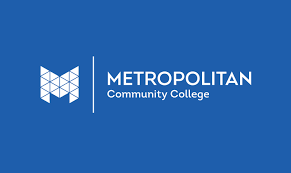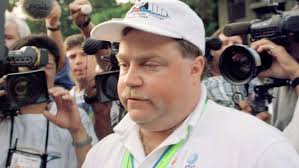
Metropolitan Community College in Kansas City, Missouri
Image: mcckc.edu/
An experienced public administrator, Mark James was chancellor of Metropolitan Community College from 2010 to 2017. In 2015, as part of his role as Metropolitan Community College chancellor, Mark James sat on a steering committee established by Missouri’s Coordinating Board for Higher Education (CBHE) to develop a blueprint for improving higher education in Missouri.
Members of the steering committee included higher education professionals from across the state, distinguished citizens, and representatives from commerce, industry, and government. The committee held numerous discussions and public meetings between 2014 and 2015 to uncover the state of higher education in Missouri as well as the opportunities and challenges present.
These efforts culminated in an ambitious plan to develop the state’s higher education. The plan, titled Preparing Missourians for Success: A Blueprint for Higher Education, was presented to the CBHE in 2016. It focused on four special areas of higher education: accessibility, affordability, quality, and completion. It outlined the challenges affecting each of these areas of concern and laid down strategies to mitigate them so that all students in the state could enjoy accessible, affordable, and quality higher education from start to finish.

